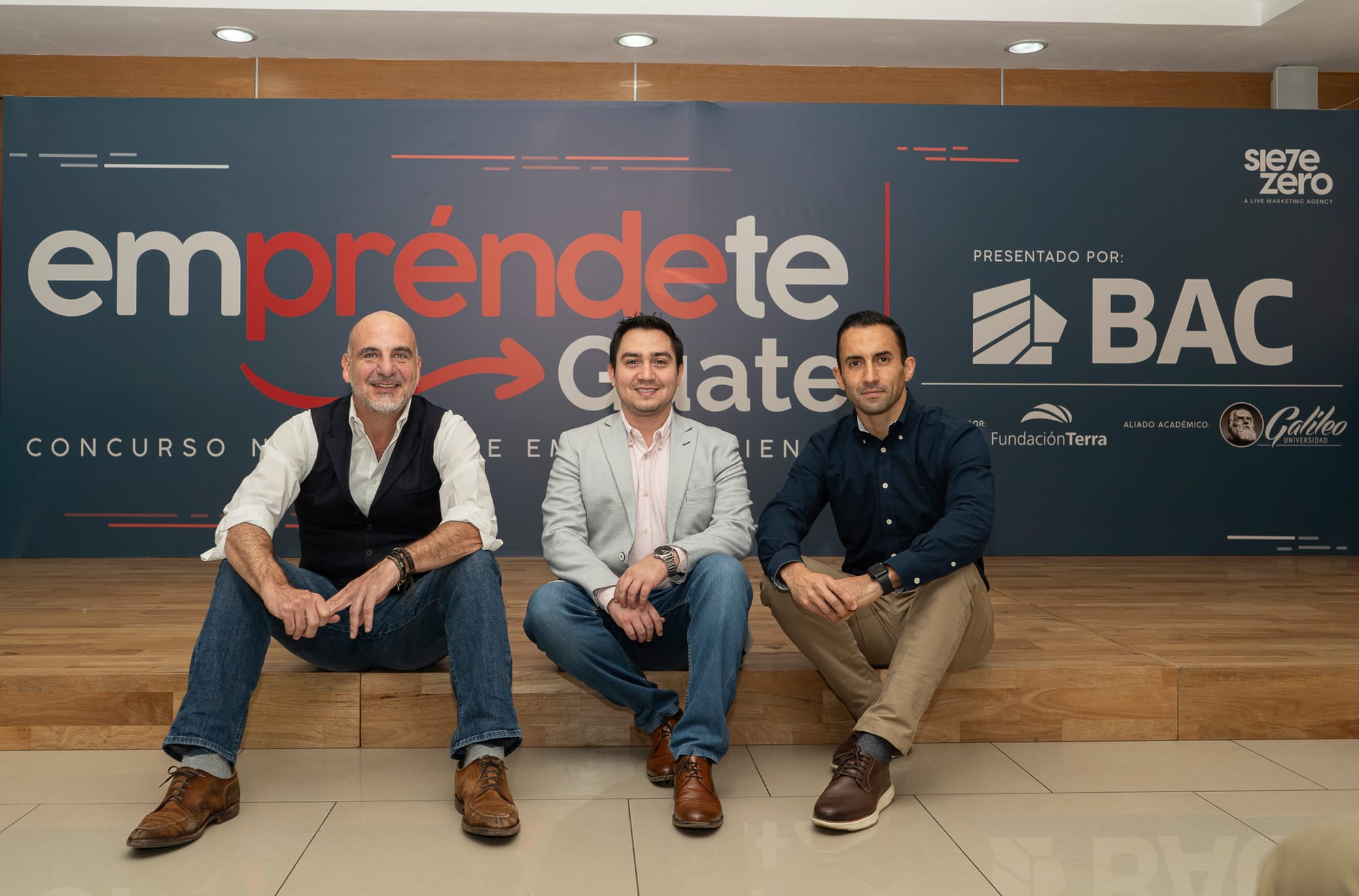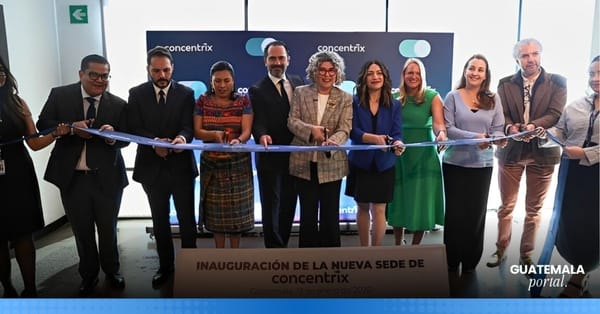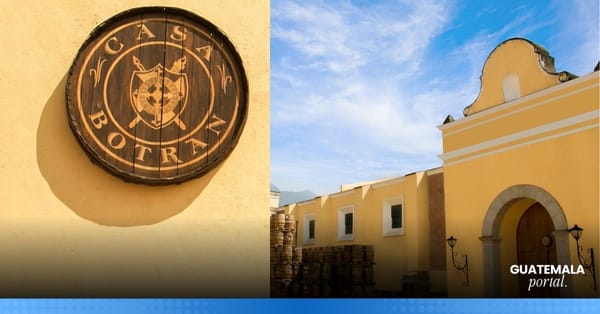Why Angel Investors in Guatemala are Crucial for innovative Startups
The role of angel investors in Guatemala is becoming increasingly relevant as the country’s startup ecosystem evolves.

The role of angel investors in Guatemala is becoming increasingly relevant as the country’s startup ecosystem evolves. Unlike traditional investment funds, angel investors are individuals who provide not only capital but also expertise, mentorship, and networks to early-stage startups. Their support is vital in transforming ideas into scalable businesses with real growth potential.
The Importance of Angel Investors
According to José Ordóñez, CEO of Kingo and investor, angel investing is focused primarily on technology startups, not traditional businesses.
“The function of angel investors is vital for turning a simple idea into a business with growth potential,” he explains.
Guatemala’s startup ecosystem is currently experiencing strong momentum, with entrepreneurs tackling local challenges in areas such as financial inclusion, healthcare, and education through technology. However, unlike other countries, Guatemala’s angel investor network is still informal.
One key initiative is Barrilete Ventures, which pools the capital of several angel investors to streamline investment for startups. This model saves founders from having to approach multiple investors individually.
More Than Just Capital
For José Kont, partner at Impacta VC and CEO of Cuantico, angel investors provide more than funding.
“They bring knowledge and networks that are essential for startups,” he emphasizes.
Kont also identifies the Central America Angel Fund Initiative (CAFI) as the most important network in the region, formed by high-level executives and entrepreneurs. He warns, however, that the most common mistake among Guatemalan entrepreneurs is the lack of innovation.
“Startups must have a genuine innovation component to capture angel investors’ attention. Founders should obsess over solving an important problem,” Kont advises.
Popular investment areas include Fintech, SaaS, and Artificial Intelligence. Investor Hugo Díaz adds three key requirements for startups: validating customer needs through market testing, having a solid structure that enables investment, and demonstrating the founder’s commitment to executing their vision.
What Angel Investors Look For

CAFI highlights that execution is what makes the difference for successful entrepreneurs. Beyond capital, the network offers digital platforms and tools to increase startups’ visibility, traction, and positioning.
CAFI typically supports startups that:
- Have diverse, multidisciplinary teams with at least one female co-founder.
- Demonstrate the ability to build a functional prototype or Minimum Viable Product (MVP).
- Solve challenges tied to Latin America’s structural gaps.
Regarding capital, CAFI tickets range from US$5,000 to US$150,000, depending on whether one or multiple investors are involved.
How Much Do Angels Invest?
According to the Inter-American Development Bank’s Multilateral Investment Fund, the average angel investment ranges between US$10,000 and US$500,000, with typical tickets around US$200,000. In the U.S. and Europe, amounts are comparable to early-stage venture capital.
Empréndete Guate 2025: Boosting the Ecosystem

The startup ecosystem will receive a further push with Empréndete Guate 2025, organized by Siete Zero Studio. This year, the program launches G100, a platform bringing together 100 Guatemalan business leaders who created a US$100,000 fund to support formalized SMEs and high-potential ventures.
“Unlike philanthropic projects, this initiative seeks to invest in companies that demonstrate growth capacity,” explained Daniel Panedas, director of Siete Zero.
Selected companies will access not only funding but also mentorship, technical training, and invaluable networking opportunities with G100 entrepreneurs. The fund will be distributed among 10 to 15 companies, with the deadline for applications set for August 31.
Alternative Financing for SMEs

Beyond angel investment, Guatemalan micro, small, and medium-sized enterprises (MSMEs) can access loans through the Ministry of Economy (Mineco). While the ministry does not directly issue loans, it facilitates financing via second-tier banking programs.
Loan amounts vary depending on company size:
- Microenterprises: up to Q250,000
- Small enterprises: up to Q500,000
- Medium enterprises: up to Q1.5 million
These credits can be used for working capital, equipment purchases, infrastructure, internationalization, or insurance.
A Growing Ecosystem
Guatemala’s entrepreneurial landscape is maturing, and angel investors are becoming a central pillar in its growth. With initiatives like Barrilete Ventures, CAFI, and Empréndete Guate 2025, the country is positioning itself as a promising hub for technology-driven solutions that address local and regional challenges.





